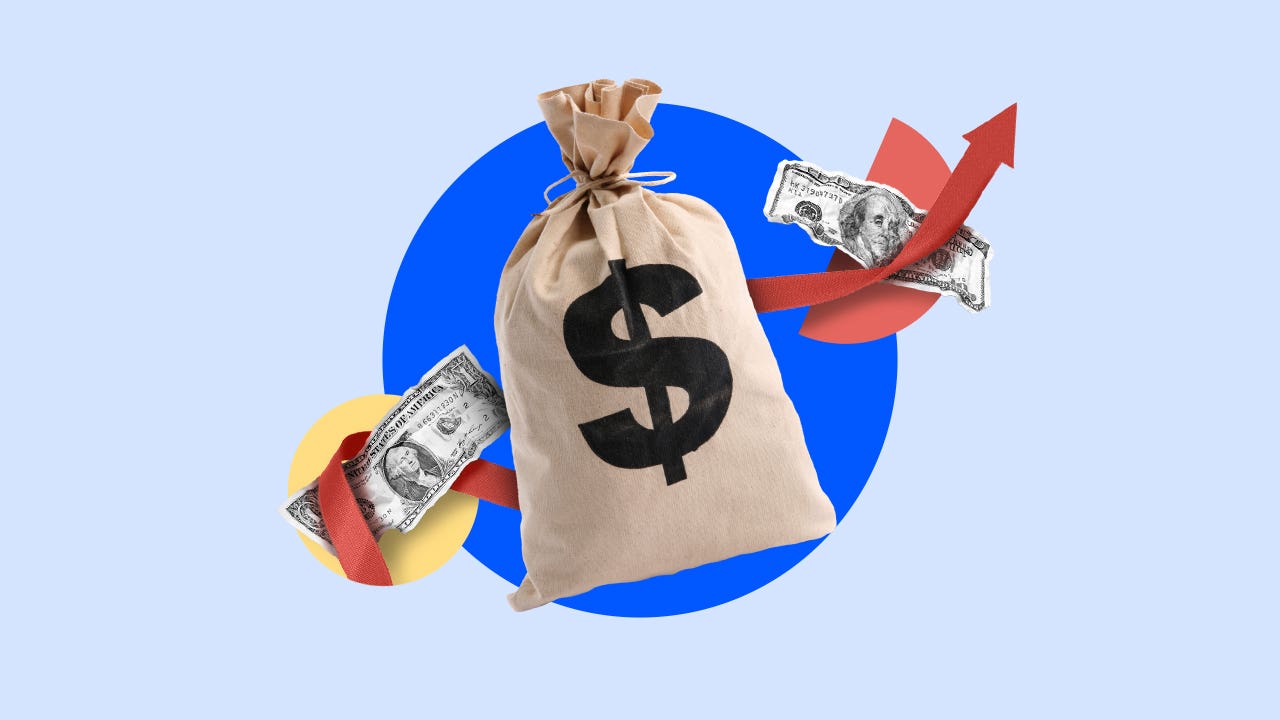Discover Hidden Advantages of Pre Approval Student Loans for Students
Discover Hidden Advantages of Pre Approval Student Loans for Students
Blog Article
Comprehending the Influence of Rate Of Interest on Home Loans for First-Time Customers
Navigating the labyrinth of home finances can be discouraging for first-time buyers, particularly when passion prices play a crucial role in shaping their financial journey. The option between adjustable-rate and set home mortgages lugs significant consequences, affecting month-to-month budgets and long-term monetary stability. As rate of interest prices vary with economic shifts, recognizing their determination becomes crucial.
Just How Interest Prices Are Established
Rate of interest on mortgage are figured out by a complicated interplay of financial aspects and policies. The key motorist is the monetary plan established by reserve banks, such as the Federal Book in the United States, which readjusts the federal funds price to influence financial task. When the reserve bank increases this price, obtaining becomes extra costly, typically resulting in raised home mortgage rates of interest. Conversely, decreasing the federal funds rate can make loaning more affordable, potentially lowering home loan prices.
An additional prominent variable is inflation. Greater rising cost of living usually leads to higher passion prices as lenders demand even more go back to offset the reducing investing in power of future repayments. Economic growth likewise plays an important function; in durations of durable financial efficiency, demand for credit report increases, which can drive up rate of interest prices.
In addition, the bond market dramatically impacts home loan prices. Lasting interest rates, including those for home finances, are very closely tied to returns on federal government bonds. As bond yields increase, so do home loan prices, mirroring the raised price of lasting loaning.

Kinds Of Rate Of Interest
Recognizing the various kinds of rate of interest rates is essential to understanding exactly how home loans work. A set passion rate stays consistent throughout the term of the car loan.
In comparison, a variable rates of interest, additionally called a flexible price, fluctuates gradually, typically in action to adjustments in a specified standard or index. These rates typically begin less than repaired prices, which can be eye-catching to new buyers. Nevertheless, they involve the threat of increasing gradually, possibly resulting in higher overall costs if market rates increase.
In addition, some lenders supply hybrid rates of interest, integrating aspects of both taken care of and variable rates. An introductory duration with a set rate might be followed by a variable price. Recognizing these differences is vital for debtors to make educated choices that line up with their financial situations and take the chance of resistance, as each type presents one-of-a-kind benefits and prospective drawbacks.

Effect on Monthly Settlements
Monthly settlements on home mortgage are directly influenced by the kind of interest price chosen, which can dramatically affect a debtor's financial preparation. Fixed-rate mortgages use security, as the rates of interest remains the same over the car loan's term, making certain that regular monthly settlements remain constant. This predictability aids in budget plan preparation, offering a clear financial photo over the financing's duration. On the other hand, variable-rate mortgages (ARMs) initially present lower rate of interest prices, which can lead to smaller preliminary repayments. Nonetheless, these prices are subject to changes based upon market problems after the first set duration, potentially boosting month-to-month commitments.
Fixed-rate fundings protect against market volatility, supplying peace of mind however usually at a higher preliminary price compared to ARMs. On the other hand, ARMs could suit purchasers anticipating revenue growth or those preparing to market before the rate change occurs, enabling them to exploit on lower repayments.
Lasting Financial Implications
The option of rate of interest rate type for a home car loan prolongs beyond immediate monthly settlements, lugging considerable long-lasting monetary implications. A fixed-rate mortgage, for instance, uses security by locking in interest prices for the period of the finance term, shielding consumers from future rate boosts.
Conversely, an adjustable-rate mortgage (ARM) typically begins with a reduced rates of interest, which can result in lower initial payments. With time, nonetheless, the rate can fluctuate based upon market conditions, possibly resulting in greater repayments. This variability presents an element of unpredictability, which could influence monetary security if rates increase dramatically.

Techniques for Handling Rates
Navigating rate of interest on mortgage calls for strategic preparation to maximize monetary results. Novice homebuyers should consider securing rate of interest when they agree with, as this can shield them from potential price hikes prior to their loan closing. Rate locks usually last between 30 to 60 days and provide a measure of assurance in an usually unpredictable useful source market. Furthermore, buyers could check out discount factors, which include paying an in advance fee to safeguard a reduced rates of interest. This can result in considerable savings over the lending's life-span, especially if the customer prepares to remain in the home long-lasting.
One more strategy includes picking the right financing type. Fixed-rate home mortgages offer stability, shielding customers from future price rises, while adjustable-rate mortgages (ARMs) could offer lower first rates with the risk of future modifications. When choosing between these choices., purchasers need to carefully evaluate their monetary scenario and threat tolerance.
Last but not least, maintaining a strong credit report account is essential. A higher debt rating can significantly enhance negotiation power for much more beneficial rate of interest prices. Regularly reviewing credit history reports, attending to mistakes, and minimizing impressive financial obligation can enhance general credit reliability, consequently positioning buyers to my sources safeguard the most useful prices offered.
Final Thought
An extensive understanding of passion rates on home loans is vital for first-time purchasers to make enlightened decisions. Strategic her comment is here monitoring of interest prices can significantly influence homeownership success and monetary health.
When the central bank elevates this rate, borrowing ends up being extra expensive, commonly leading to enhanced home loan rate of interest prices.In contrast, a variable rate of interest price, additionally known as an adjustable price, rises and fall over time, generally in reaction to adjustments in a defined standard or index.Additionally, some loan providers use hybrid interest rates, integrating components of both fixed and variable rates - pre approval student loans. A fixed-rate home loan, for example, uses security by locking in rate of interest prices for the duration of the financing term, protecting debtors from future price increases. First-time property buyers must take into consideration securing in passion rates when they are favorable, as this can protect them from potential rate walks prior to their loan closing
Report this page